Tags
amulet, Arabic, Auburn University, Brill, condolence, Fayoum, ḥadīth, history, Islam, J. Willard Marriott Library, Khaled Younes, Leiden, Leiden University, letters, Matt Malczycki, papyrology, papyrus, prayer, Quranic, rare books, Sobhi Bouderbala, Special Collections, Sylvie Denoix, The University of Utah, University of Sadat City
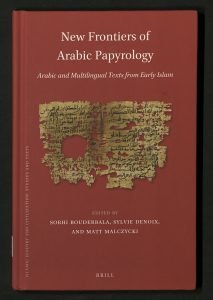
New Frontiers of Arabic Papyrology: Arabic and Multilingual Texts from Early Islam, edited by Sobhi Bouderbala, Sylvie Denoix, and Matt Malczycki, Leiden, The Netherlands: Brill, 2017
Papers presented at the fifth conference of the International Society for Arabic Papyrology (ISAP), held in Tunisia in 2012.
The cover of this volume features P.Utah.Ar.inv.342 from the Arabic Papyrus, Parchment, and Paper Collection, Rare Books, Special Collections, J. Willard Marriott Library, The University of Utah. The piece is a Quranic amulet on papyrus.
Two of the ten papers discuss pieces from our collection:
“Arabic Letters of Condolence on Papryrus” by Khaled Younes
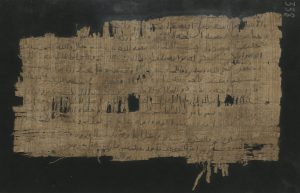
second/eighth century
prob. Fayoum
‘Indeed we belong to God and indeed to Him we will return.’
In this letter, the sender writes to console the addressee on the death of two men.
Khaled Younes received his PhD from Leiden University in 2013. He is a lecturer of Islamic history and civilization at the University of Sadat City.
“A Comparison of P. Utah. Ar. inv. 205 to the Canonical Hadith Collections: The Written Raw Material of Early Hadith Study” by Matt Malczycki
second/eighth century
‘When you sit after the two prostrations you say the profession of faith, being very careful not to add anything to it or leave anything out until you finish your profession of faith. When you finish, say what you wish. Verily, the good words are great!’
Instructions for prayer.
Matt Malczycki received his PhD from The University of Utah in 2006. He is associate professor in the Department of History at Auburn University.

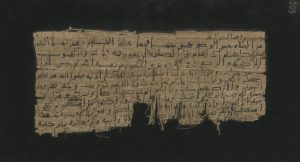
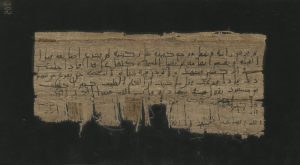
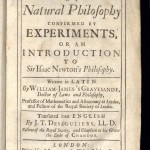
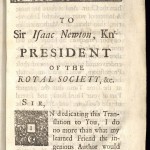
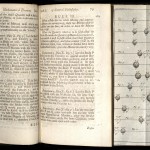
You must be logged in to post a comment.